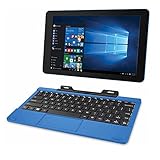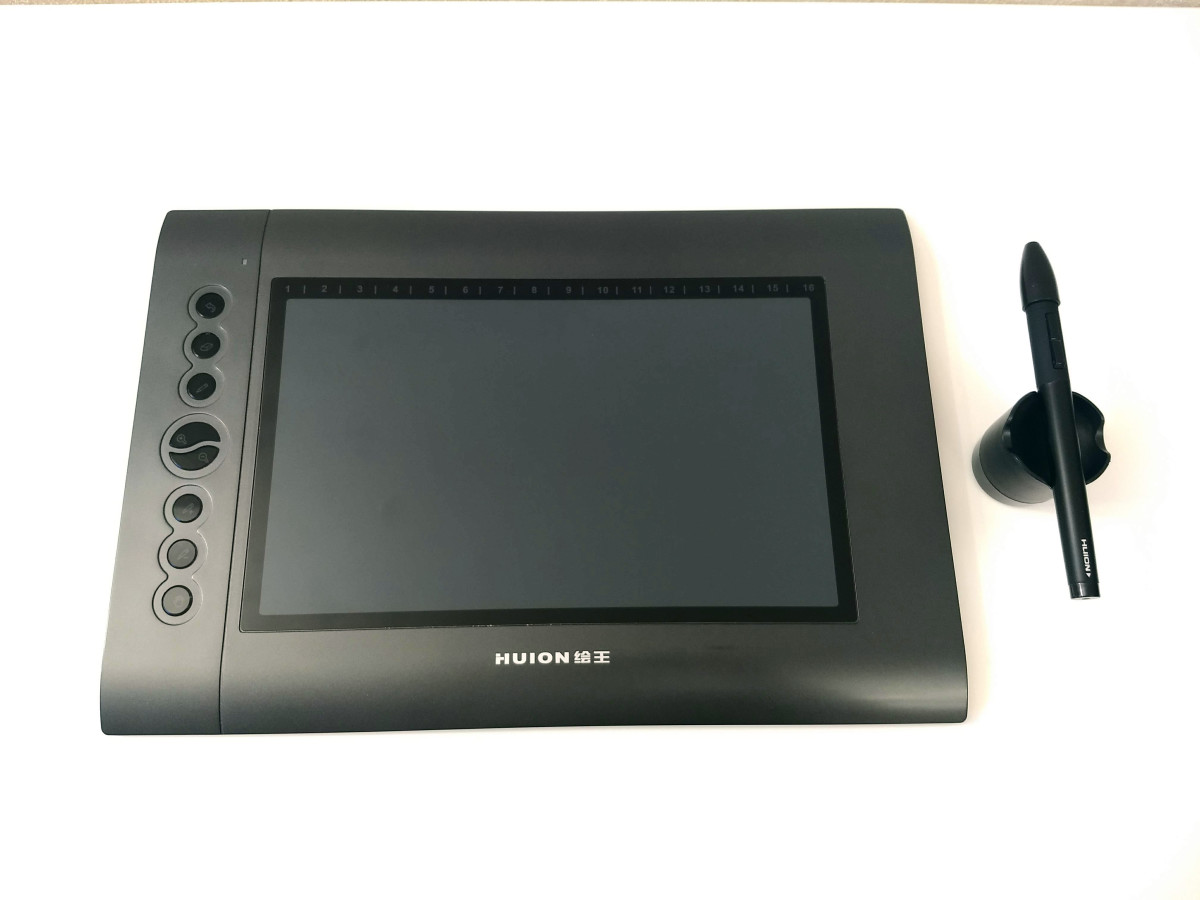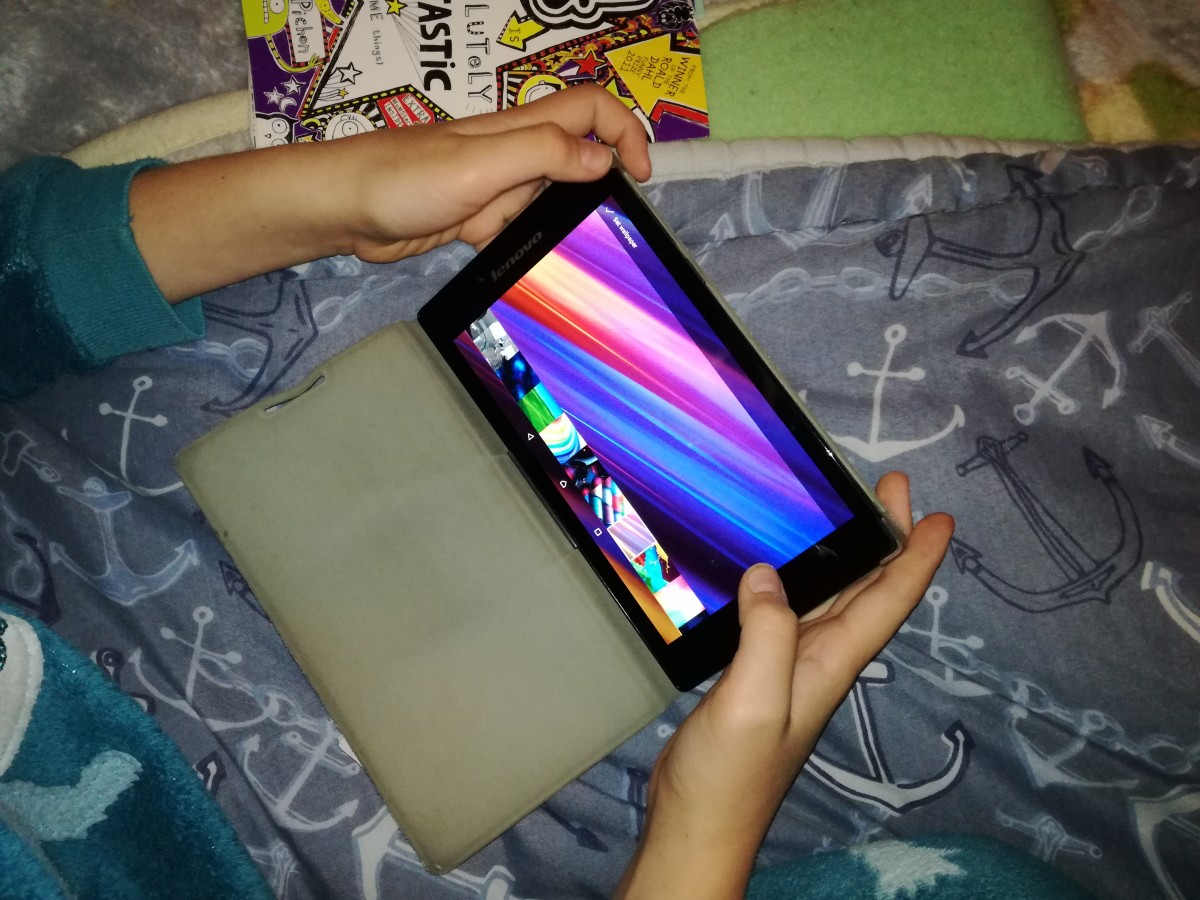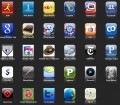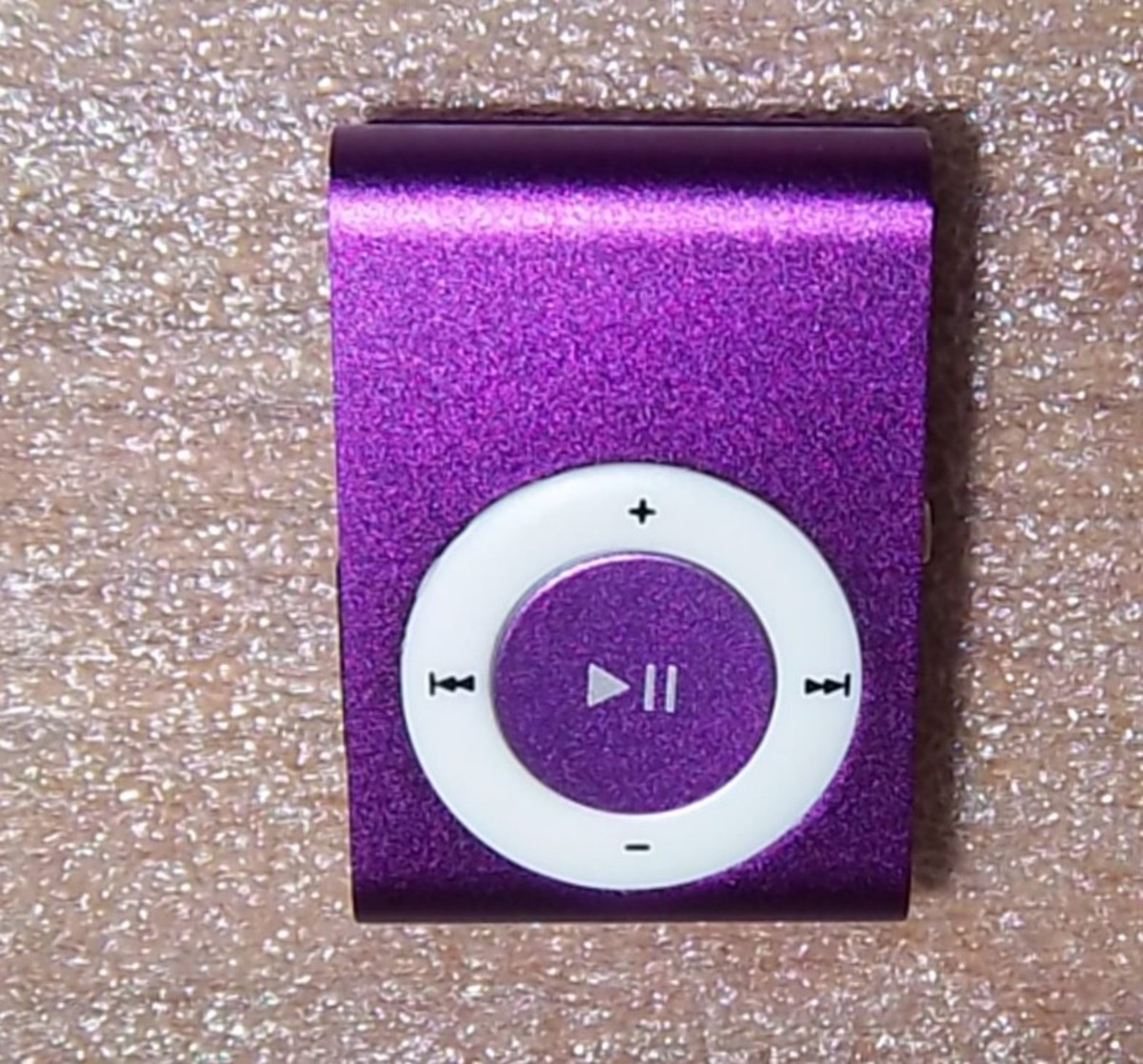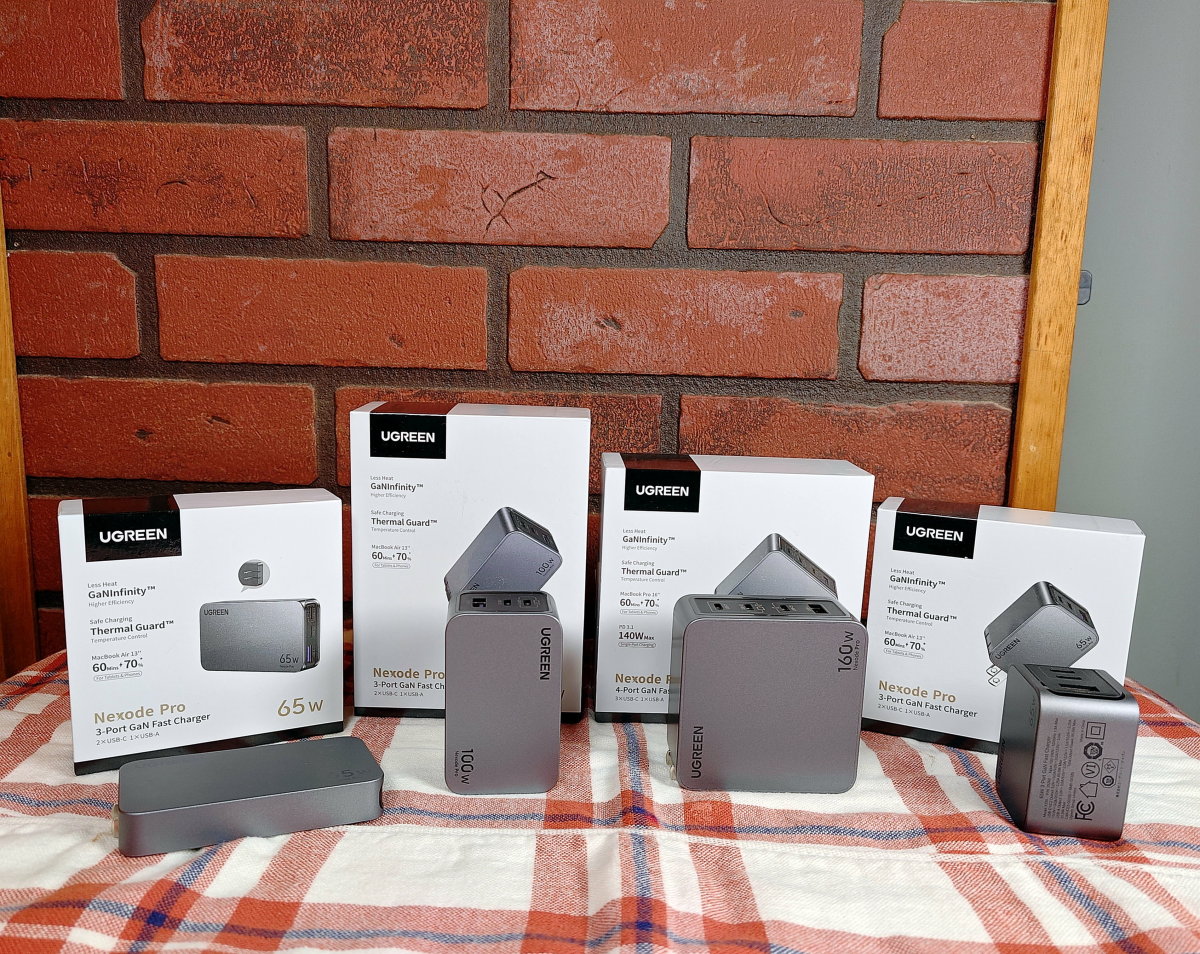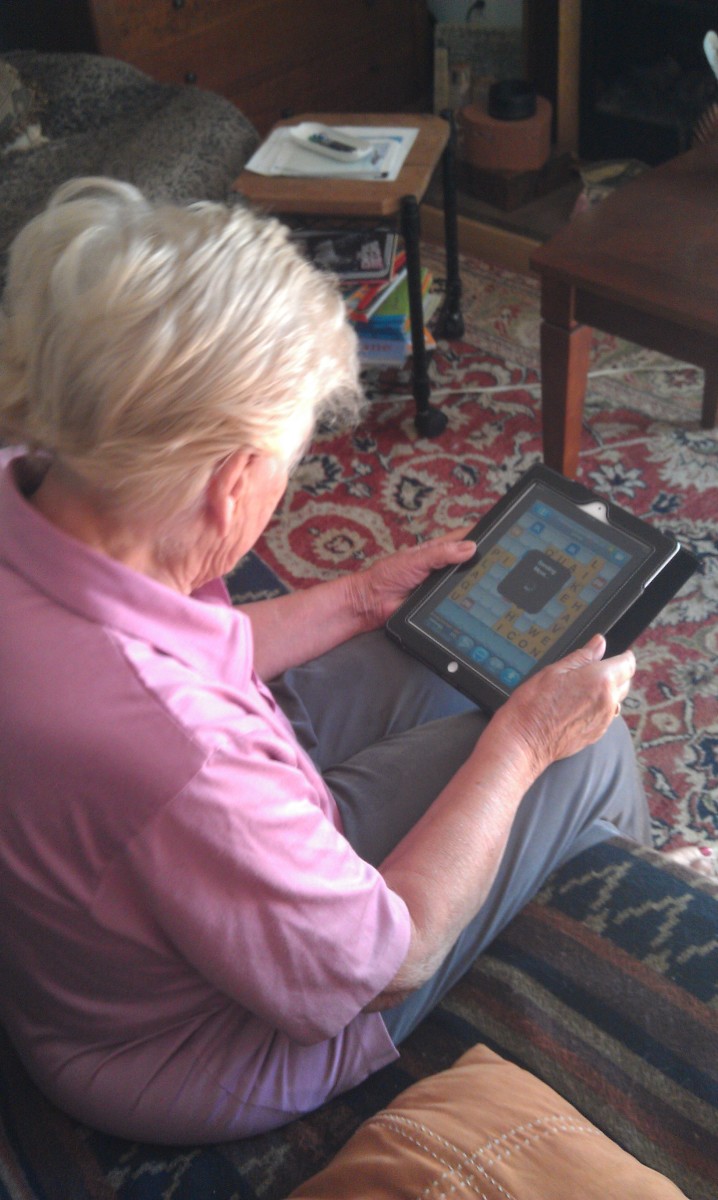Pad Revolution - Tablet Computers - Best Tablets
Magic mirrors
Some say these computers are the future. But I wouldn`t go that far. Moreover, the tablet concept has existed since 2001.
But now things are different with much better screens and the tactile experience allowed for thousands of new applications to be available.
And most important of all, users want them!
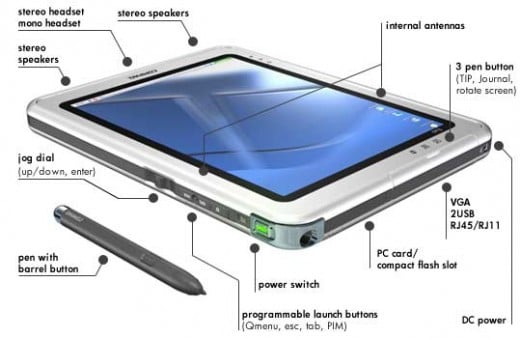
Lets meet the contenders
At the time of launching a tablet Samsung chose to "embed" the Galaxy Tab on their catalog of mobile devices.
Although being comparable with some portable netbooks with regard to technical characteristics, the Galaxy Tab follows the business model started by Apple with the iPhone and which was later replicated by iPad.
Nobody will say that the iPad and the Galaxy Tab are smartphones but the truth is that these devices have their main features of identity in wireless networks, numerous applications available and both have great mobility.
And yet they do things that only the so-called personal computers could do.
The expectation is huge and these new segment has not yet defined contours.
But no one doubts that will be the venue of the next big technology battle.
The great "technological-battle"
The Tablets promise to join in the same contest several commercial brands that made history with their personal computers and also other brands working on the mobile terminals business
Along with names like Apple, Dell, HP, RIM (which owns the Blackberry brand), Toshiba, Nokia, Archos, Samsung and other lesser known brands, are all betting on these niche.
All these competitors know that victory in this segment can be crucial. Not only because it helps to contain the onslaught of brands from other areas but also because it can open new doors to other segments.
The latest figures show that over 46 million tablets will be sold by 2014 and 2010 sales already correspond to 7.6 million.
Samsung is today one of the few - if not the only - brands that have the necessary infrastructure for producing all components of a tablet. Only that the Asian company was not content to keep control of the production of displays, processors and memories, and finally wants to go further.
Even Microsoft itself, which since the beginning of the century has promoted the concept of tablets, now finds itself "trapped" by the actual turmoil. Much by virtue of two factors:
- Windows began to call tablet computers to those portable devices that have rotating touch screens but today the term is used to describe machines that have no keyboard (at least originally) and some brands also termed them as slates;
- These new category of devices opened the possibility to launch a new class of eventually lighter operating systems and with a good deal of cloud computing.
Microsoft has announced that it intends to launch a Windows 7 for Slate by the end of the year but some manufacturers and observers recall that the original Windows 7 may be sufficient for the new machines.
In contrast, the launch of Windows 7 Phone can also exert a decisive influence on an operating system that is halfway smart-phone and the netbook.
Suddenly and after being an unchallenged leader in operating systems, Microsoft is facing a new challenge to their capabilities.
Manufacturers of slates can now be faced with a technology race that may cause a shortage of components.
Faced with such demand the question is when will the market stabilize.
Content producers know that there is an opportunity here but they will be struggling with several unknowns. The iPad set a price margin but it is likely to have machines much more affordable.
Even the size of the machines is still one of the open issues. Only time will tell.

